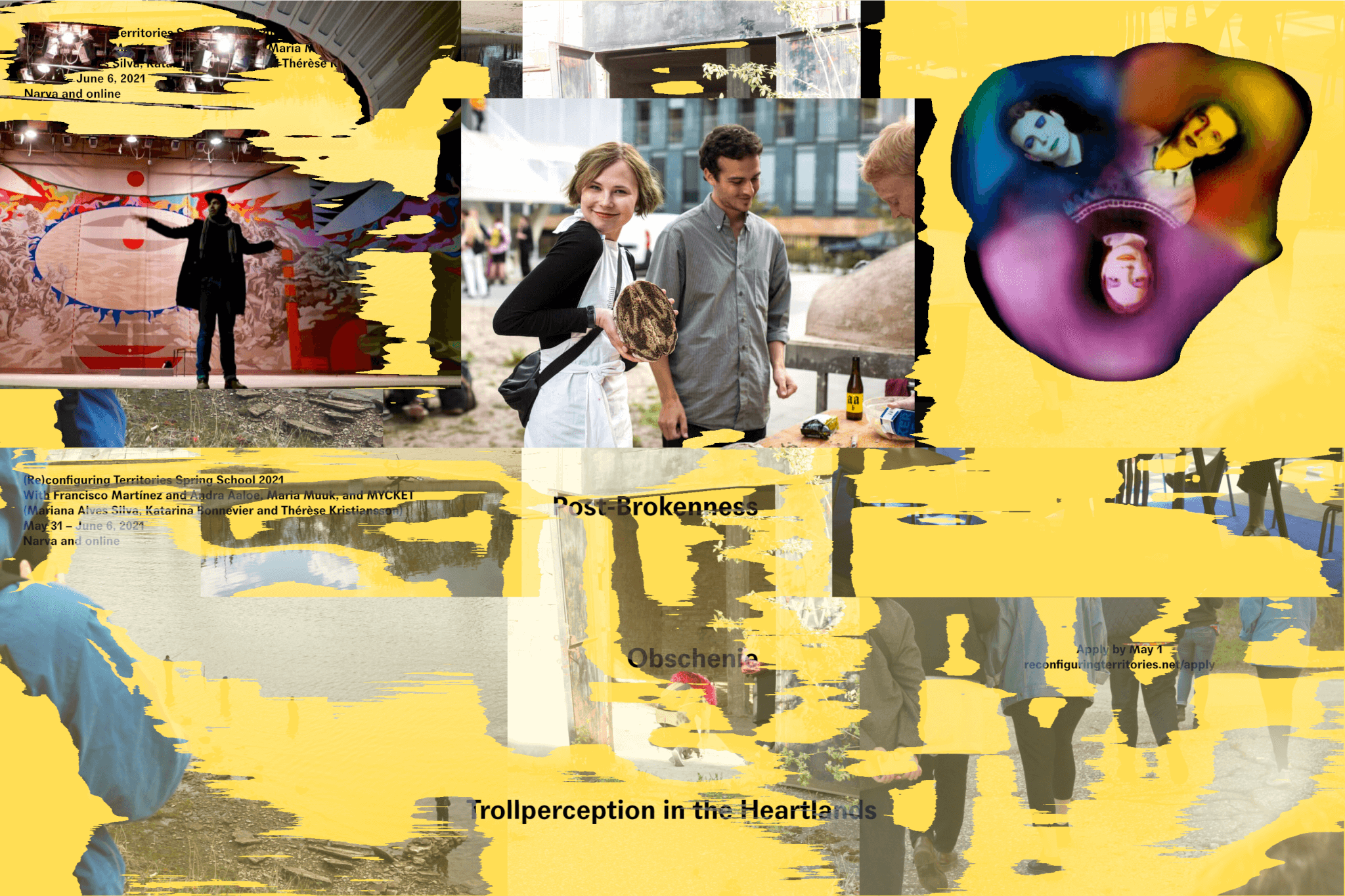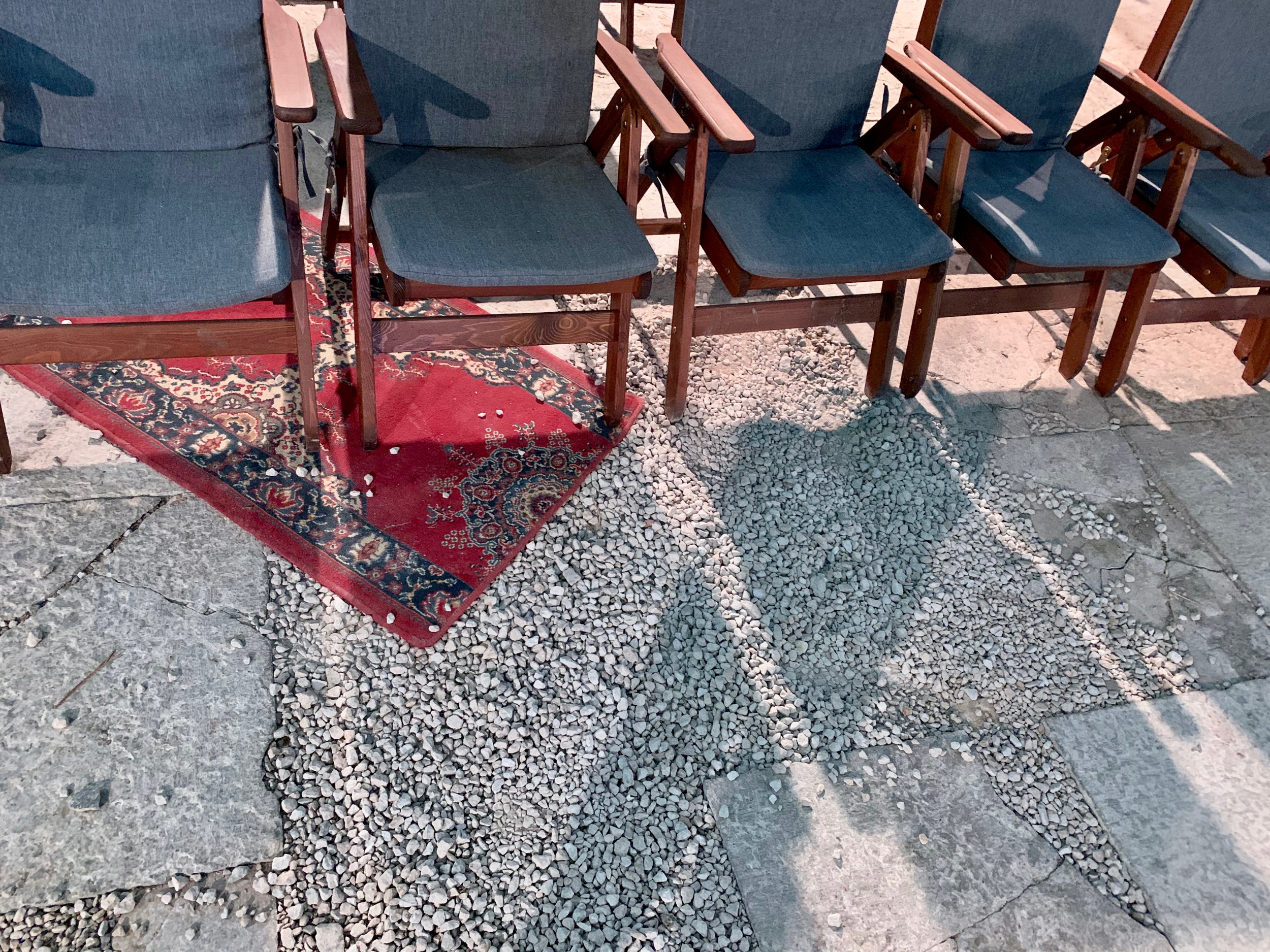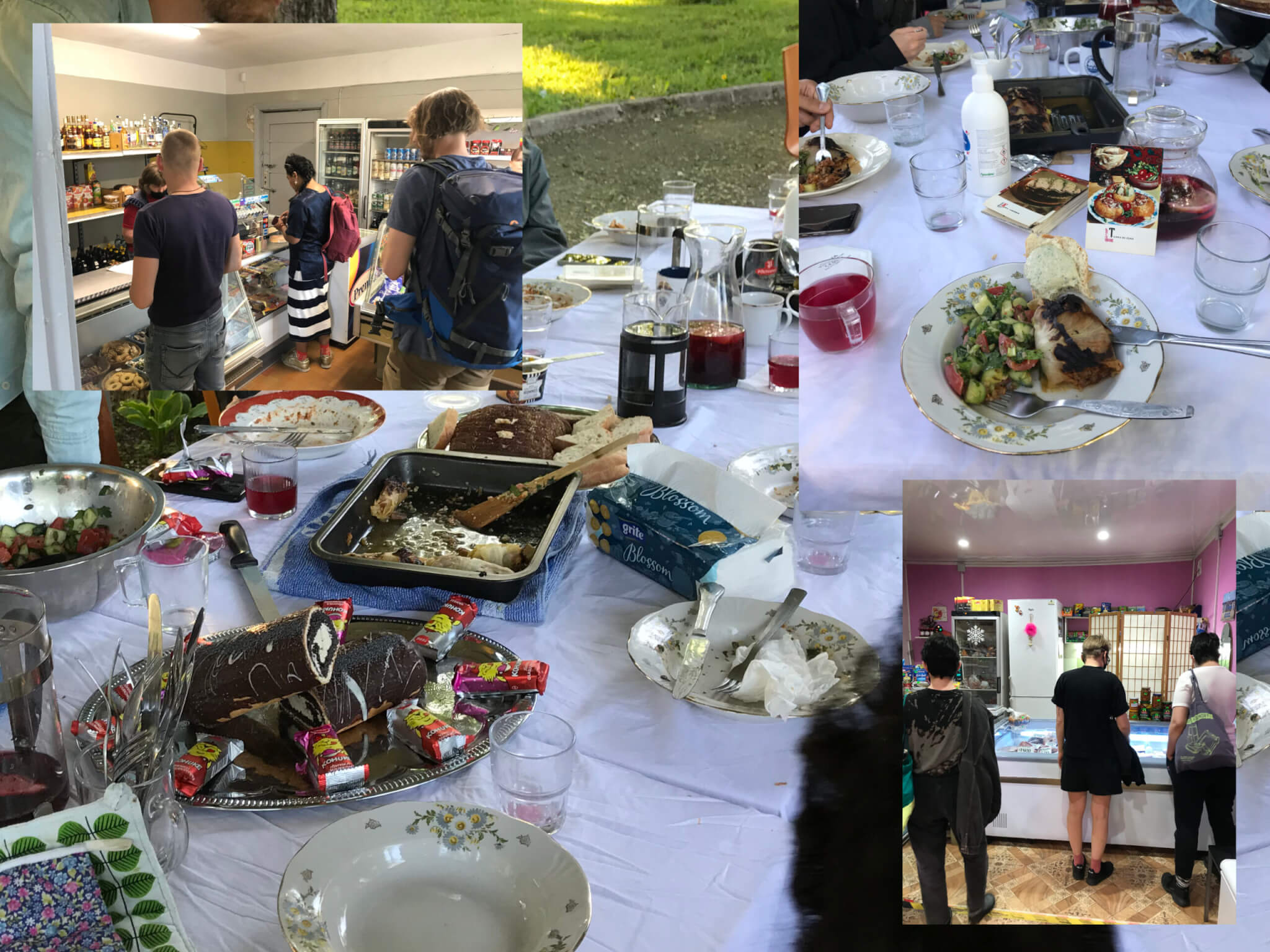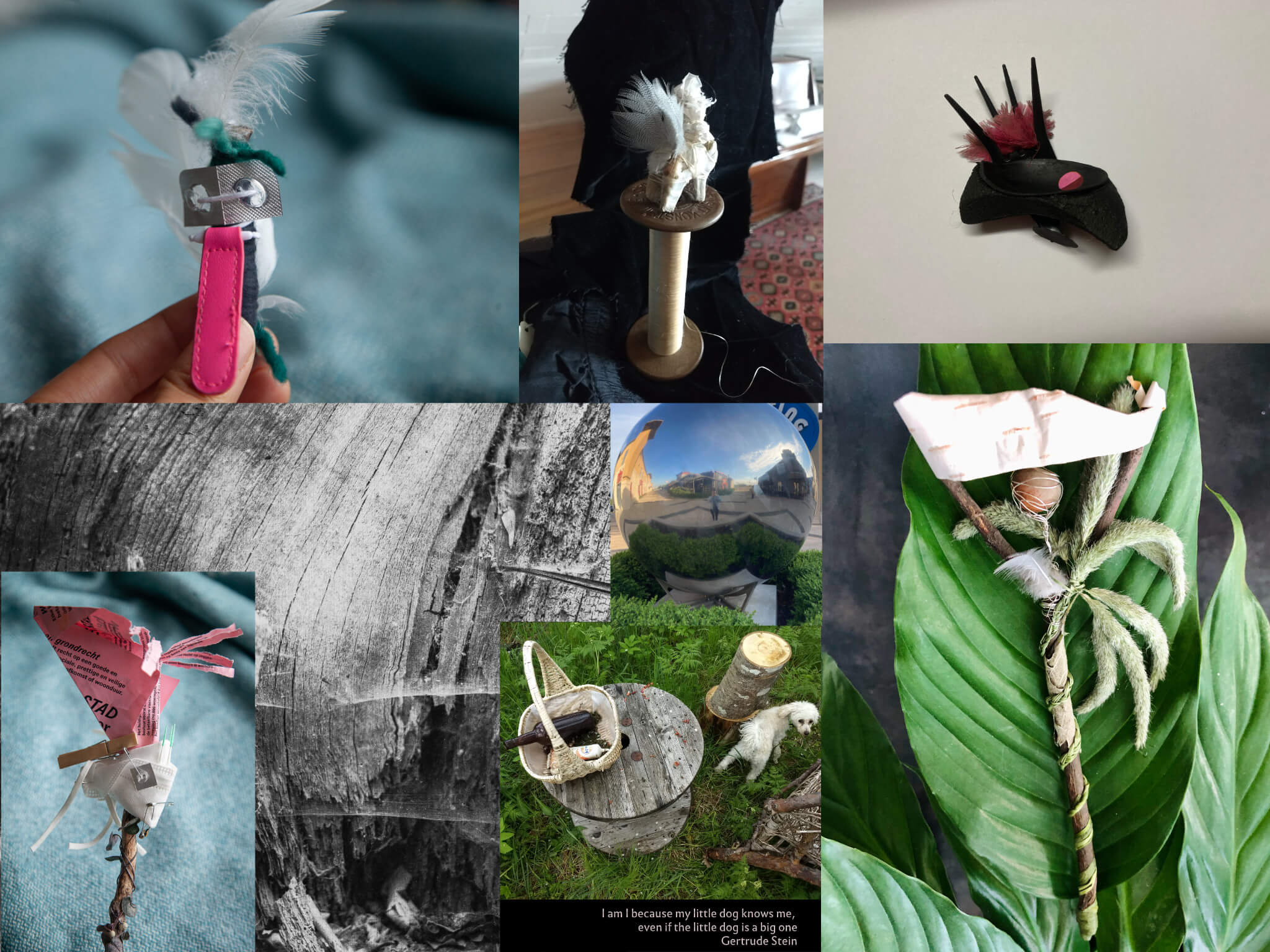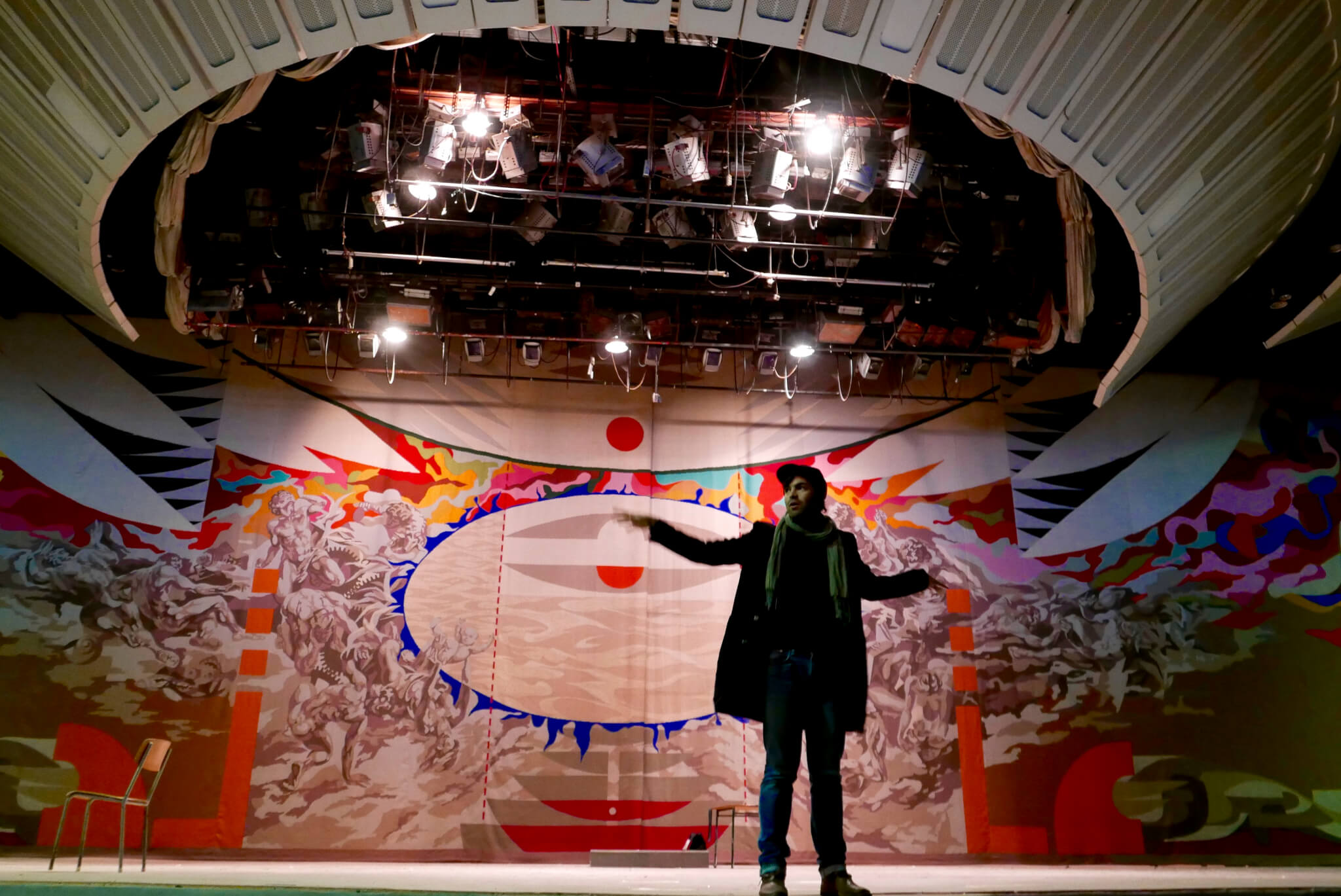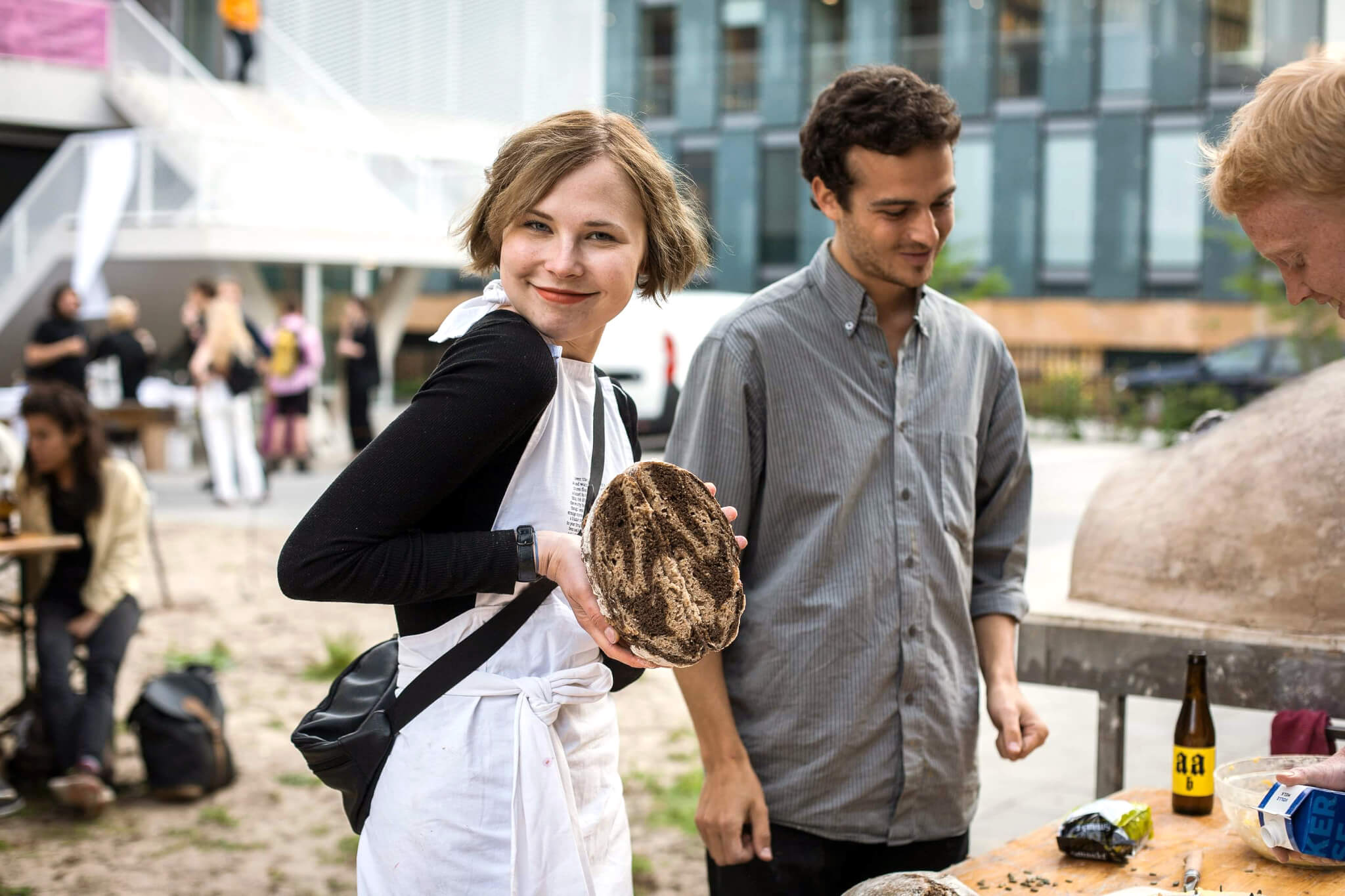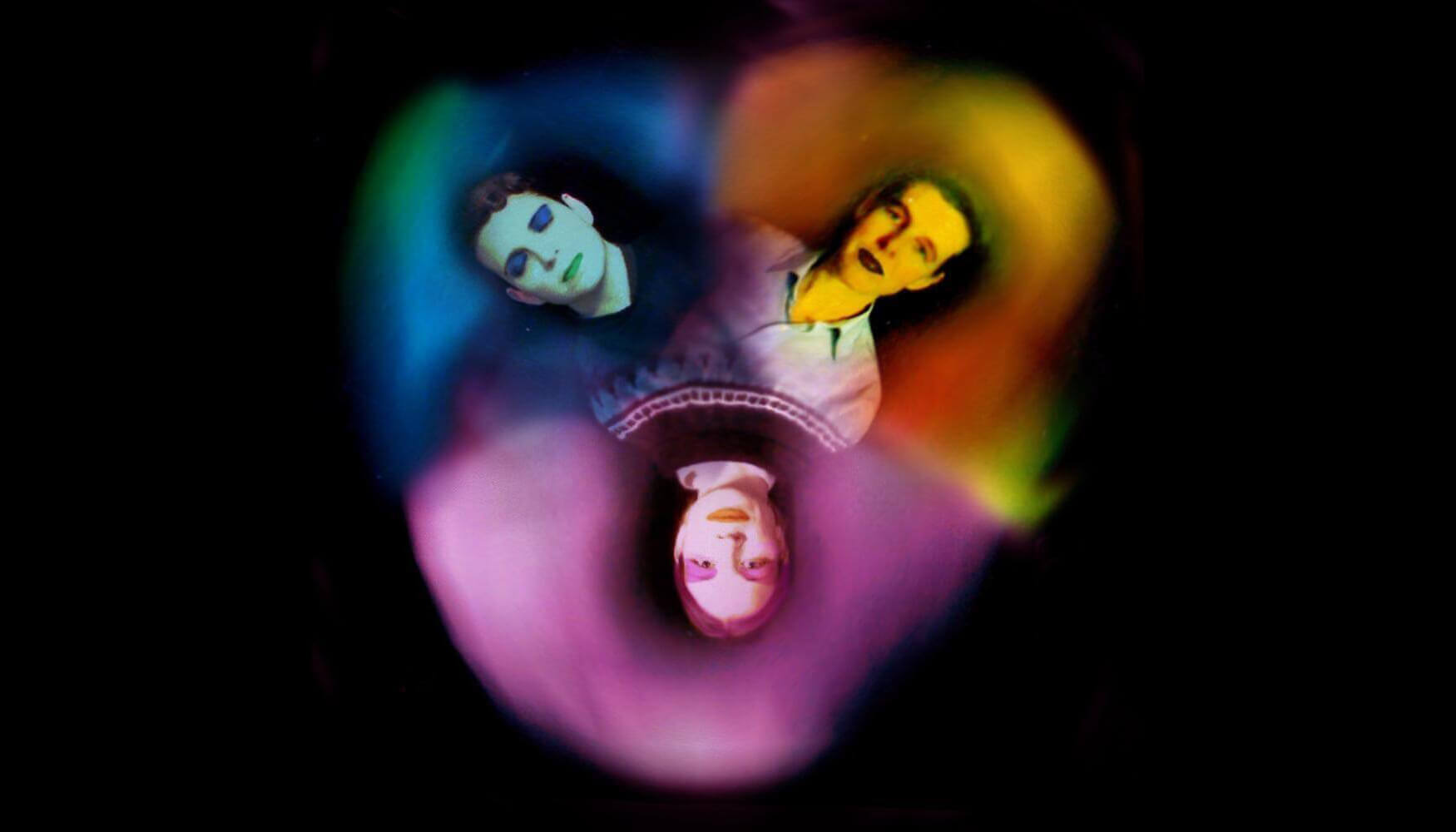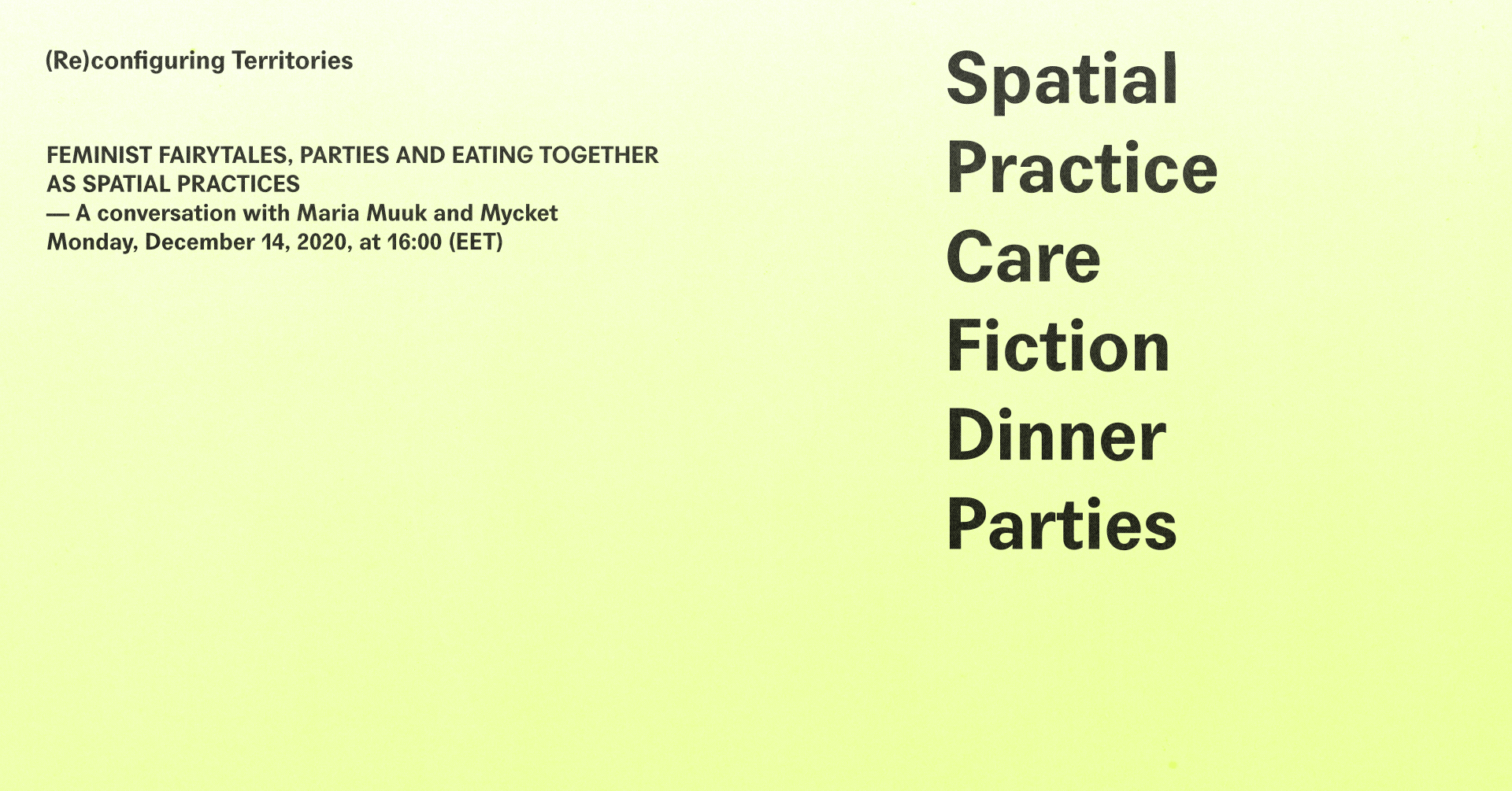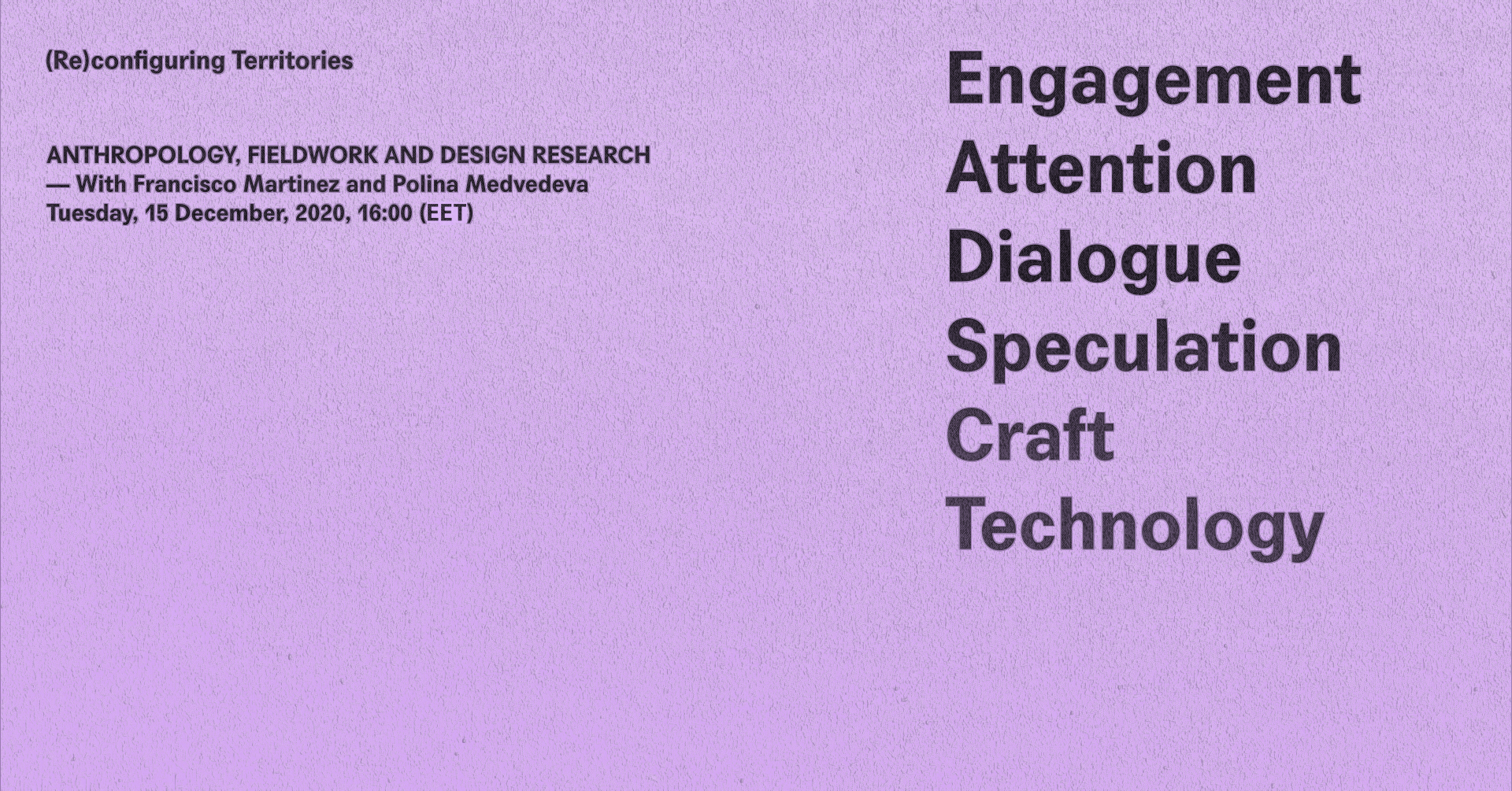(Re)configuring Territories Spring School 2021
With Francisco Martínez and Andra Aaloe,
Maria Muuk, and MYCKET (Mariana Alves Silva, Katarina Bonnevier and Thérèse Kristiansson)
May 31 – June 6, 2021
(Re)configuring Territories programme continues as a week-long Spring School on May 31 – June 6, 2021. The Spring School consists of three simultaneous workshops mentored by anthropologist Francisco Martínez and urbanist Andra Aaloe, graphic designer, baker and writer Maria Muuk, and architecture, art and design practice MYCKET.
Spring School Workshops
→ Весенняя Школа
→ Kevadkool
→ Kevätkoulun työpajat
Spring School Mentors
→ Весенняя Школа
→ Kevadkool
→ Kevätkoulun mentorit
(Re)configuring Territories Talks
→ Доклады на (Пере)осмыслении территорий
→ (Re)configuring Territories vestlusring
→ (Re)configuring Territories -keskustelut
